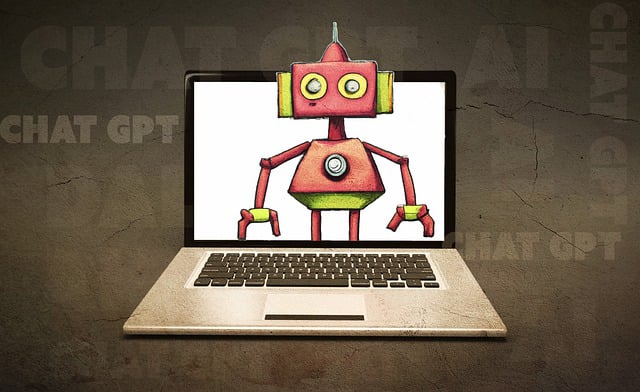Section 1: Introduction to AI Technology and Its Impact on Business Productivity
Artificial Intelligence (AI) has been a buzzword in the business world for several years now, and for good reason. This technology has the potential to revolutionize the way we work and do business. With its ability to analyze large amounts of data, learn from patterns, and make decisions, AI is transforming the business landscape in ways we never thought possible. From automating mundane tasks to providing valuable insights for decision-making, AI is driving efficiency, enhancing productivity, and creating new opportunities for growth across various industries.
In this article, we will explore the latest AI developments that are transforming the business landscape, the practical applications of AI across different industries, the benefits and challenges of integrating AI into business operations, and potential future trends. We will also look at examples of companies successfully leveraging AI and how these innovations are driving workplace productivity.
Section 2: Key Advancements in AI Technology
The field of AI has seen significant advancements in recent years, thanks to the rapid growth of data and computing power. One of the key advancements in AI technology is machine learning, which enables machines to learn from data and improve their performance without being explicitly programmed. This has opened up a whole new world of possibilities for businesses, from predictive analytics to personalized customer experiences.
Another major development in AI is natural language processing (NLP), which allows machines to understand and interpret human language. This has led to the rise of chatbots and virtual assistants, which can handle customer queries and provide support, freeing up human employees to focus on more complex tasks.
Computer vision is another crucial aspect of AI that has made significant strides in recent years. With the help of deep learning algorithms, machines can now recognize and interpret images and videos, making it possible to automate tasks such as quality control, object detection, and facial recognition.
Section 3: Practical Applications of AI Across Industries
The impact of AI is being felt across various industries, from healthcare to finance to retail. In healthcare, AI is being used to analyze medical data and assist in diagnosis, leading to more accurate and timely treatment. In finance, AI-powered algorithms are being used for fraud detection, risk assessment, and portfolio management, making financial processes more efficient and secure.
In the retail industry, AI is transforming the way companies interact with customers. With the help of AI-powered chatbots, retailers can provide personalized recommendations and support to customers, leading to increased customer satisfaction and sales. AI is also being used in supply chain management to optimize inventory levels and predict demand, reducing costs and improving efficiency.
Section 4: Benefits and Challenges of Integrating AI into Business Operations
The integration of AI into business operations has numerous benefits, including increased efficiency, improved decision-making, and cost savings. By automating mundane and repetitive tasks, AI frees up employees to focus on more creative and strategic work, leading to increased productivity. AI-powered algorithms can also analyze vast amounts of data and provide valuable insights, enabling businesses to make data-driven decisions.
However, integrating AI into business operations also comes with its own set of challenges. One of the main concerns is the potential displacement of human workers. As AI continues to evolve and automate tasks, there is a fear that it may replace human jobs, leading to unemployment. To address this, businesses must ensure that AI is used to augment human capabilities rather than replace them.
Another challenge is the ethical implications of AI, particularly in areas such as data privacy and bias. AI algorithms are only as good as the data they are trained on, and if the data is biased, the algorithm will also be biased. This can lead to discrimination and unfair outcomes, which can have serious consequences for businesses. Therefore, it is crucial for companies to have ethical guidelines and regulations in place when using AI.
Section 5: Future Trends in AI Technology
The future of AI is exciting, with new developments and applications emerging every day. One of the most significant trends in AI is the rise of explainable AI, which aims to make AI algorithms more transparent and understandable. This will be crucial in addressing the ethical concerns surrounding AI and building trust with customers.
Another trend to watch out for is the integration of AI with other emerging technologies, such as the Internet of Things (IoT) and blockchain. This will enable businesses to collect and analyze data from various sources, leading to more accurate insights and predictions.
In conclusion, the transformative impact of AI technology on workplace productivity cannot be overstated. With its ability to automate tasks, analyze data, and provide valuable insights, AI is driving efficiency, enhancing decision-making, and creating new opportunities for growth across various industries. While there are challenges to overcome, the potential benefits of integrating AI into business operations are immense. As we continue to push the boundaries of AI, it is essential for businesses to embrace this technology and use it to its full potential to stay ahead in today’s fast-paced and competitive business landscape.

